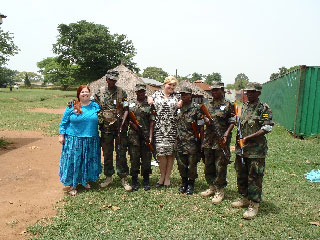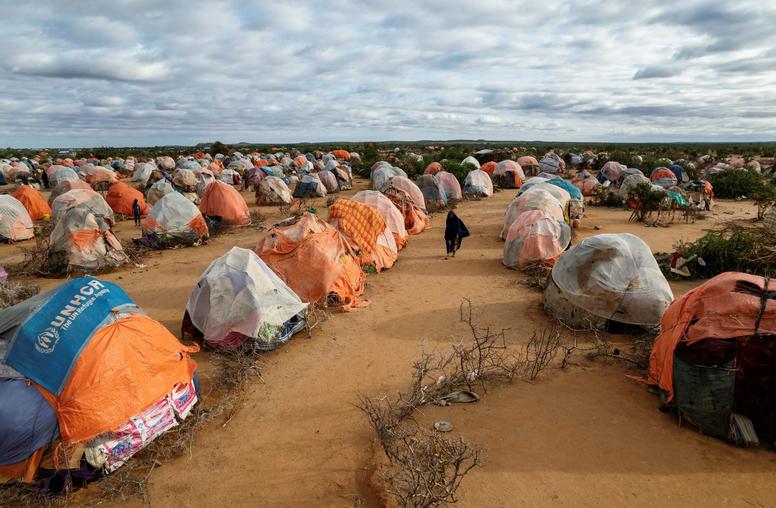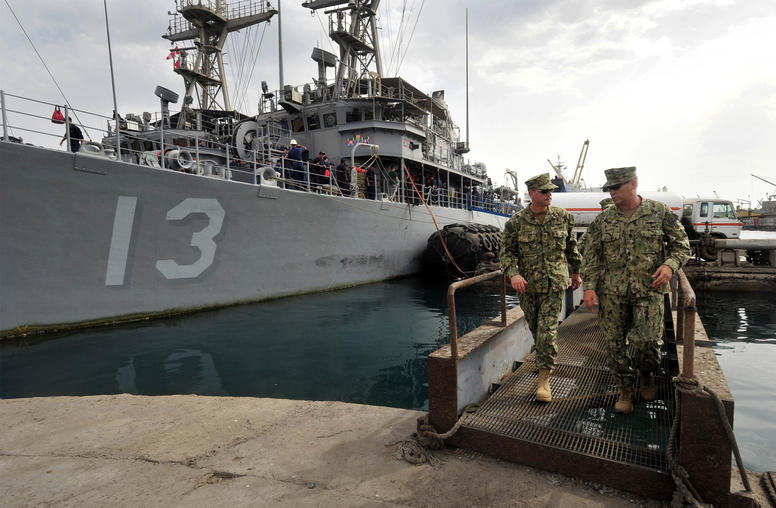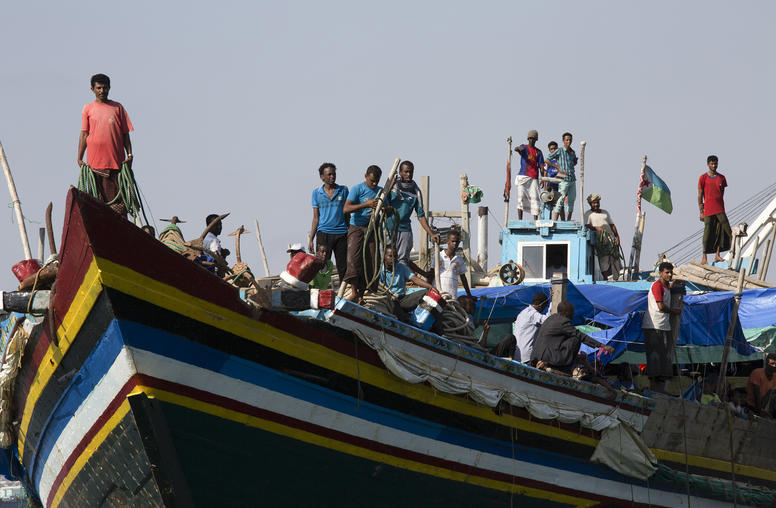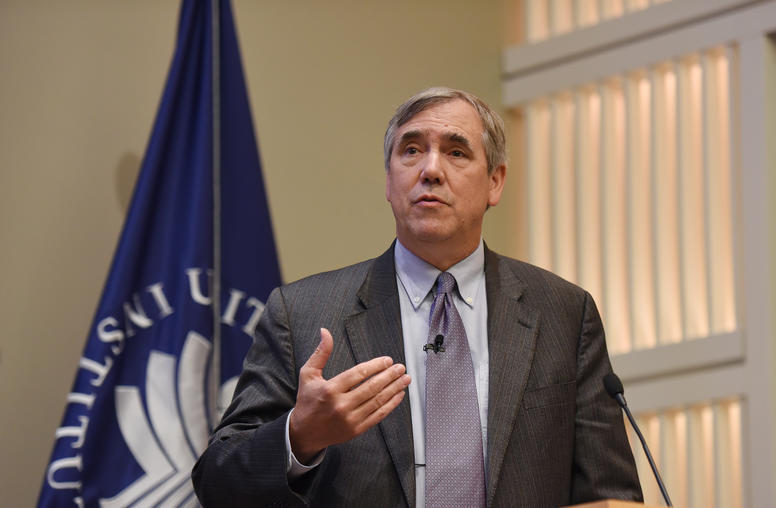As peacekeeping evolves to encompass a broader humanitarian approach and mandates for protection of civilians, women are increasingly deployed in all peacekeeping domains—police, military, and civilian. They have made a positive impact on peacekeeping environments by supporting the role of women in building peace and by protecting women's rights.
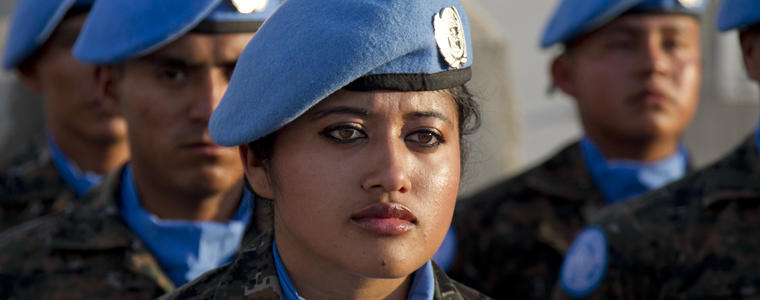
|
|
As peacekeeping evolves to encompass a broader humanitarian approach and mandates for protection of civilians, women are increasingly deployed in all peacekeeping domains—police, military, and civilian. They have made a positive impact on peacekeeping environments by supporting the role of women in building peace and by protecting women's rights.
Female peacekeepers are essential for many of the functions carried out by the military and police in peace operations. These essential functions include information gathering for early warning and human rights investigations; screening and assisting female ex-combatants during disarmament, demobilization and reintegration (DDR) processes; assisting survivors of gender-based violence; searching women and women's quarters; mentoring female cadets at military and police academies; and providing medical care to women in segregated societies.
Today, out of approximately 125,000 United Nations peacekeepers, women constitute 4 percent of military personnel and 10 percent of police personnel. Women also account for approximately 30 percent of international civilian staff. The responsibility for getting more women into peacekeeping lies with the individual countries that contribute military troops and police.
To help prepare those troops and police for the difficult tasks of peacekeeping, USIP's Academy for International Conflict Management and Peacebuilding has been working in partnership with the State Department's Africa Contingency Operations Training and Assistance (ACOTA) program to provide three-to-five days of training on practical nonviolent tools of communication, negotiation, mediation and other skills to deal with conflicts.
In late February, my colleagues Anne Henderson, Daniel Noon, and I were in Uganda to train military officers who would be commanding forces deploying to Somalia as part of the African Union (AU) peacekeeping operation there. When training peacekeepers for ACOTA, USIP Academy staff always urge our AU hosts to include women in the training. In Uganda, an earlier training included several women nurses, and over time, the number of women soldiers has increased. At the most recent ACOTA training in Uganda, six female soldiers, including enlisted, noncommissioned, and junior officers, participated. The end result is a more diverse force that better reflects the population they will be interacting with and that can better fulfill the essential functions identified above.
